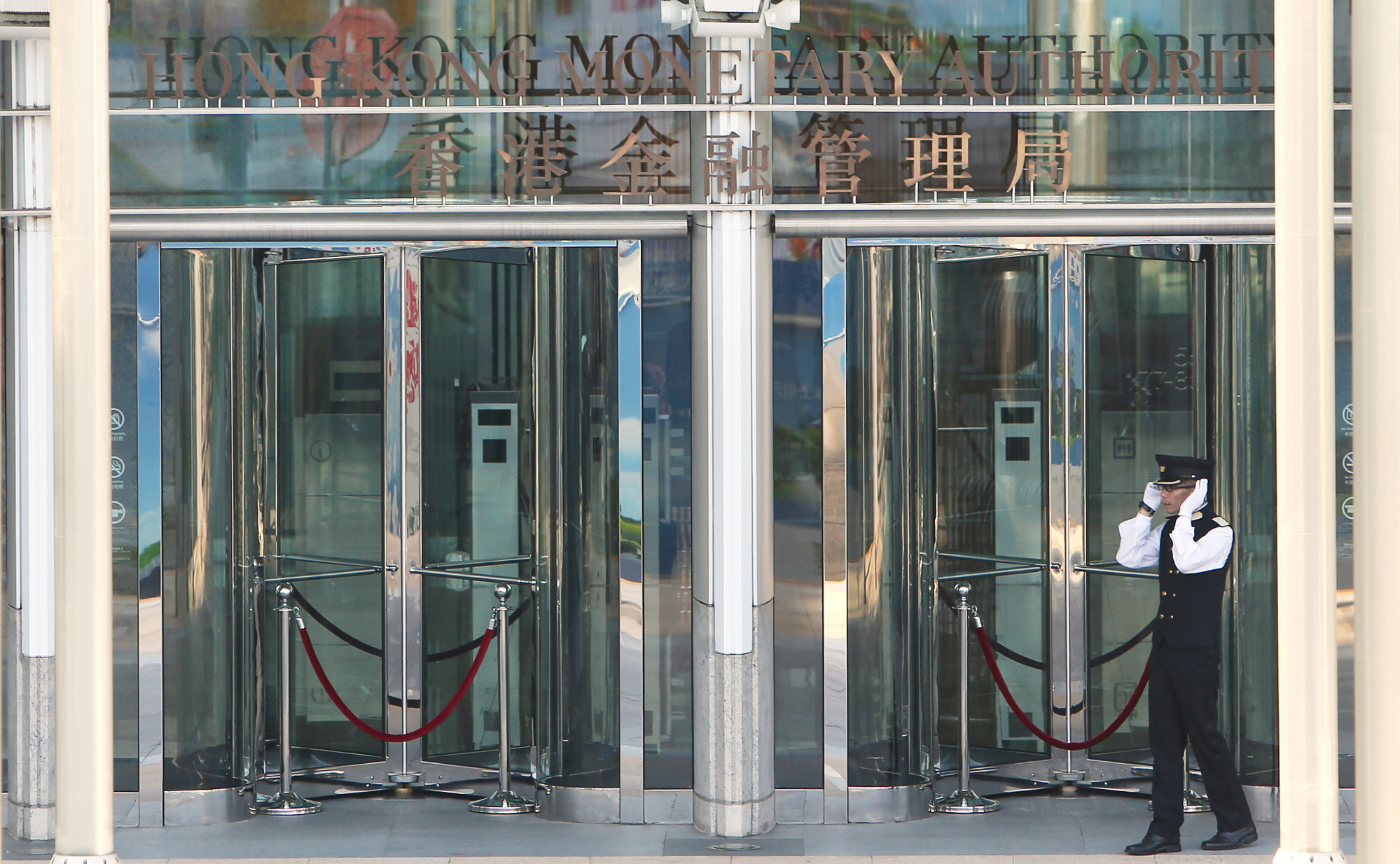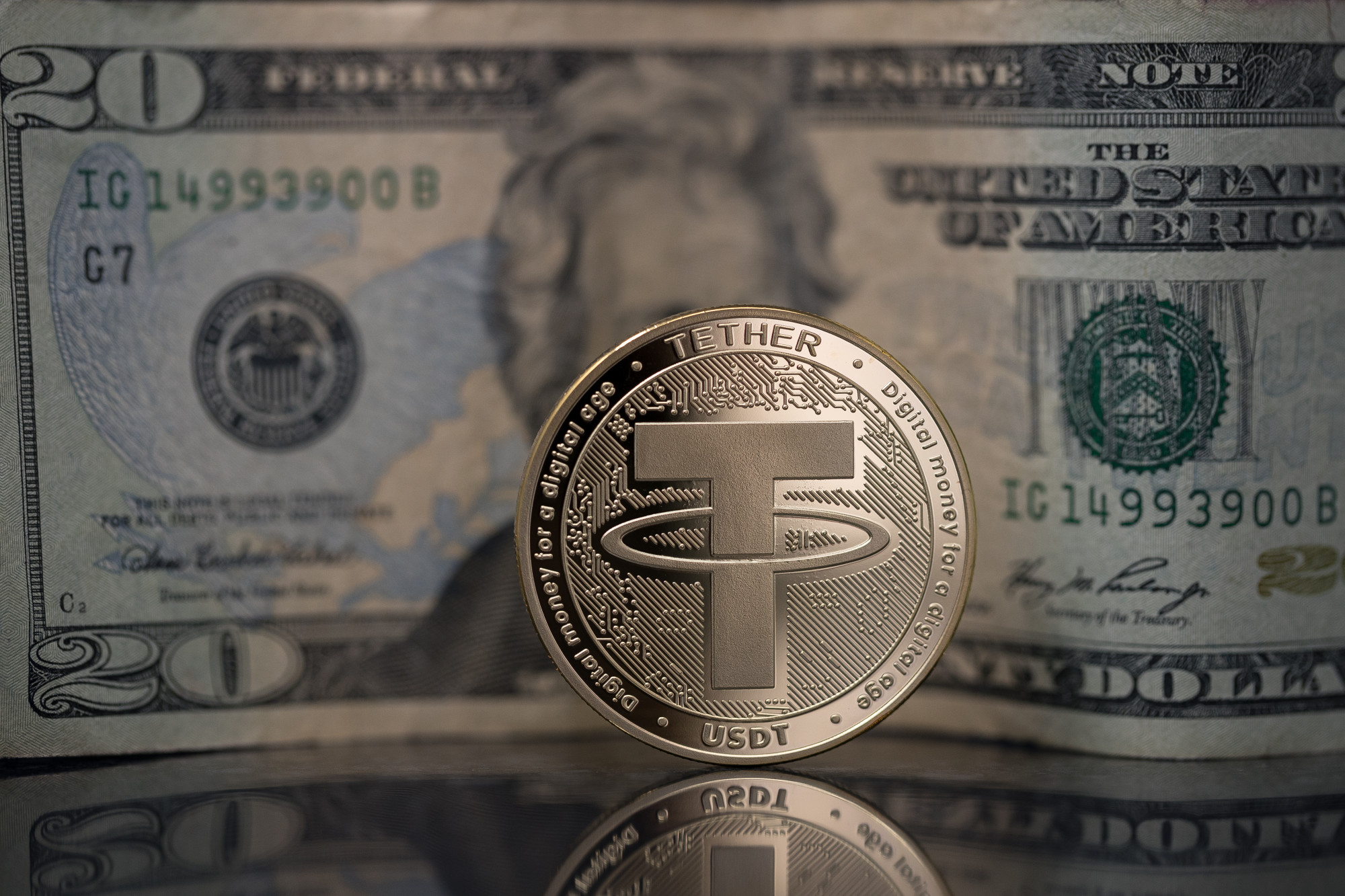
Explainer | Turmoil in global market for blockchain-based DeFi products leaves investors holding the bag
- Decentralised finance platforms, which run on blockchain technology, remain unregulated in Hong Kong
- The case of beleaguered cryptocurrency lender Celsius Network highlights the risks involved in high-yield DeFi products
The current troubles of Celsius reflect how the DeFi industry operates. It “shuns centralised authorities, is largely unregulated and operates across borders”, according to a Fitch Ratings primer on this sector.
Celsius founder, chairman and chief executive Alex Mashinsky has said the platform, which has more than two million users, returns as much as 80 per cent of its earnings from lending cryptocurrency funds pooled from retail lenders to institutional borrowers, such as hedge funds.
Users can earn as much as 18 per cent annual percentage yield. Celsius claims to have processed US$8.2 billion in loans and US$11.8 billion in assets.
On Monday, Celsius said it “will take time”, before the platform’s liquidity stabilises, dashing hopes for aggrieved investors.

What is DeFi?
Digital assets, such as stablecoins and floating value cryptocurrencies, are used within dapps rather than fiat currencies. The digital records from DeFi transactions are transparent, with settlement recorded on public blockchains that are visible to all parties.
Money leaving DeFi might not be about cryptocurrency downturn
DeFi gained plenty of traction over the past two years, as investors gained double-digit returns per annum, surpassing even the previous hefty gains of some digital tokens. The number of new DeFi users, however, could decline amid recent developments.

Can DeFi investors get regulatory protection?
DeFi platforms also use currently unregulated stablecoins, which are pegged to gold or the US dollar.
The difficulty of holding a centralised, identifiable organisation or operator accountable still remains, Swartz said. That is especially true for a stablecoin issued by a decentralised autonomous organisation, or a member-led entity governed through blockchain smart contracts.

Why did Celsius Network pause withdrawals and transfers?
Celsius, which advertises high yields for investors, was forced to freeze its client accounts from June 13 because of the difficulties caused by its decision to lend customers’ funds to Lido, a platform for staking the cryptocurrency ethereum.
Ethereum staking is the process of locking up an amount of the eth token in the ethereum blockchain for a specified period of time to contribute to the security of the blockchain and earn interest on their staked coins, according to news site CoinDesk.
Celsius had invested nearly US$500 million worth of clients’ funds on Lido to get high returns for its staked ethereum. It was unable to convert the digital depositary receipts, representing the locked-up assets issued by Lido, back into ether because of the cryptocurrency market sell-off, according to media reports.
Rumours of Celsius’ insolvency, according to a report by CoinDesk, spread quickly across social media, sparking panic and sell-offs in the markets. The value of ether, the second-largest cryptocurrency after bitcoin, has plunged 71 per cent over the past six months.

Can Hong Kong investors still access Celsius?
Some firms, such as cryptocurrency-wallet services provider CoinUnited, still offer an “earn” service on Celsius’ native token, cel. That features a 28 per cent annual percentage yield.
A user, however, needs to lock up part of their cryptocurrency holdings for 15 months in a gaming non-fungible token, called genopets.
It does not carry Celsius’ token, but DeFi projects such as Aave and Curve are available. Curve, for example, offers an annual percentage yield of 8.05 per cent.

